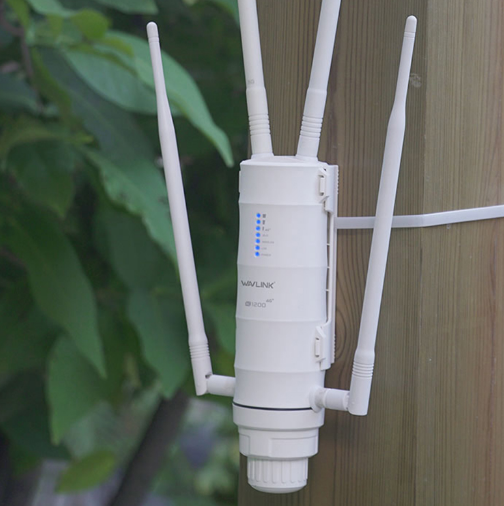Navigating the vast world of technology, many homeowners find themselves pondering the need to amplify their home's wireless signal strength. As properties expand or as we introduce more smart devices into our homes, the demand for a robust WiFi network becomes increasingly essential. This raises the question: Can you have two WiFi routers in one house? The answer is a resounding "yes," and in fact, there are several benefits to doing so.
Why Consider Multiple Routers?
- Coverage: Large homes, especially those with multiple floors or thick walls, often suffer from "dead zones" where the WiFi signal is weak or non-existent. By adding a second router, you can ensure a stronger signal in these problematic areas.
- Increased Bandwidth: With the surge in online gaming, video streaming, and other high-bandwidth activities, a single router can get overwhelmed. Introducing a second router can distribute the load and provide smoother experiences for multiple users.
- Dedicated Networks: Some homeowners prefer to have separate networks for guests or specific devices. This can provide enhanced security and better organization of your home network.

Implementing Multiple Routers
There are different methods to set up multiple routers:
- Wired Connection: The most stable method involves connecting the two routers using an Ethernet cable. This ensures a consistent and strong signal between them.
- Wireless Repeaters/Extenders: These devices capture the WiFi signal from the primary router and rebroadcast it, thereby extending the range. While convenient, they might result in a slight drop in speed due to the retransmission process.
- Outdoor Solutions: If you're looking to extend your WiFi coverage outdoors, specialized devices like the Wavlink Outdoor WiFi come in handy. Designed for exterior environments, they're durable, weather-resistant, and perfect for ensuring connectivity in gardens, patios, and more.
Setting Up Properly
While it's certainly beneficial to have multiple routers, it's crucial to set them up correctly to avoid interference and ensure optimal performance:
- Different Channels: If both routers operate on the same channel, they could interfere with each other. Ensure they're set to different channels to avoid overlaps.
- Distinct SSIDs: Giving each router a unique name (SSID) can help you identify which one you're connected to and can be particularly useful if one is meant for guests or specific devices.
- Unified Network: If you want your devices to move seamlessly between routers without disconnecting and reconnecting, consider setting up both routers with the same SSID and password but different channels. This creates a unified network where devices can hop between routers as needed.
Multiple routers in one house? Absolutely. Whether you're aiming to eliminate dead zones, accommodate a plethora of smart devices, or simply extend your network to your backyard, adding a second router might just be the perfect solution. And with specialized solutions like the Wavlink Outdoor WiFi, even the great outdoors becomes a connected haven.